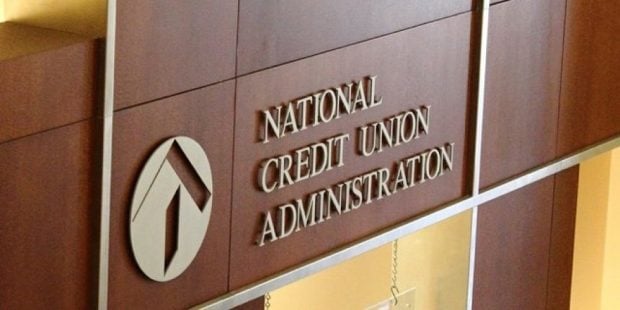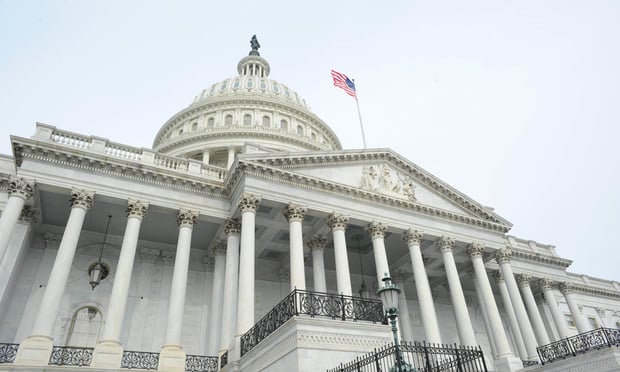Since meeting with credit unions and banking groups in North Carolina a year and a half ago, microlending bank Grameen America Inc. has pulled back but not abandoned the idea of pursuing a credit union charter.
The New York-based affiliate of Grameen Bank is known for its micro lending programs that help poor people, particularly women, and immigrants start their own businesses. Grameen Bank was launched in 1983 in Bangladesh by 2006 Nobel Peace Prize winner Muhammad Yunus.
In February 2009, Grameen America met with officials from State Employees' Credit Union, Self-Help Federal Credit Union, the North Carolina Bankers Association and both the North Carolina Commissioner of Banks and the North Carolina Administrator of Credit Unions to discuss setting up an affiliate in the Tar Heel state. All welcomed the bank's concept.
Grameen had previously expressed interest in obtaining a federal credit union charter in North Carolina. While that plan has not materialized, the bank hasn't given up on the idea.
“Pursuing a credit union license is one long-term strategy Grameen America has considered in its ambition to become a large scale microfinance provider in the United States,” said Leslie Kane, executive vice president. She confirmed that the bank does not have a credit union charter.
John McKechnie, NCUA director of public and congressional affairs, said the regulator preliminarily approved Grameen's field of membership Aug. 13, 2009, but the agency has not received a formal charter application from the bank yet. The last contact Grameen had with the NCUA was in February when it inquired about the chartering process, McKechnie said.
The Grameen model is based on a peer group lending system, according to its website. Prospective borrowers form or join group member groups, which are then organized into centers with up to eight groups to a center. Center meetings take place on a weekly basis and are facilitated by center managers who are employed by Grameen. The group meetings and Grameen's lending standards promote successful repayment and also provide a forum for financial issues such as credit scores, savings and related needs like health and insurance.
The Grameen loans generally range from $500 to $3,000, which are usually made for a term of one year or six months, have an interest rate of 15%, carry no fees and are typically repaid in weekly installments. Phased disbursement minimizes default exposure while creating the proper incentive structure for customers to reach ever higher levels of loan disbursement, according to Grameen. The bank's principal source of revenue will be the interest paid by borrowers. Grameen said it has a 99.5% repayment rate. All borrowers are required to open a savings account.
Jim Blaine, president of SECU, previously said the credit union would be willing to provide accounting, processing, ATM access and statement rendering services to Grameen if it secured a charter in North Carolina. Blaine said that is still the case.
“We continue to be interested in supporting their efforts,” Blaine said, adding there have been no recent discussions with Grameen. “I believe Grameen may have found that it can work its model without a need for a charter.”
© 2025 ALM Global, LLC, All Rights Reserved. Request academic re-use from www.copyright.com. All other uses, submit a request to [email protected]. For more information visit Asset & Logo Licensing.







